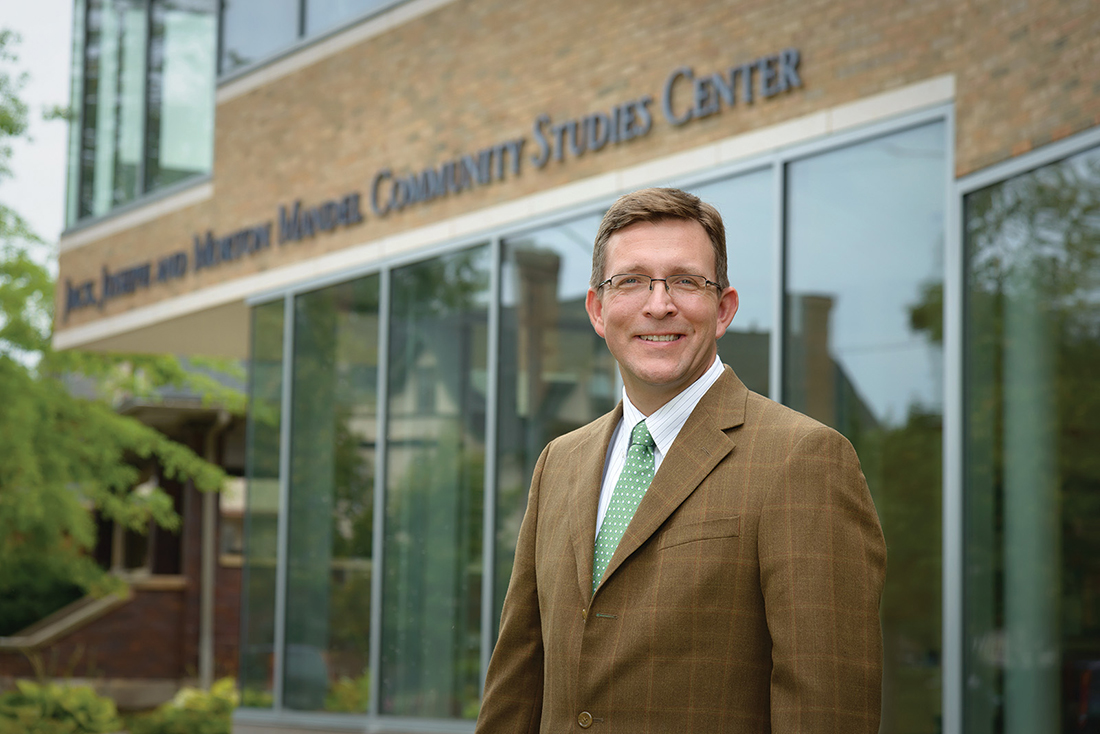lens
Tracking Lead Safety
Researchers create dashboard to monitor compliance in Cleveland

Rob Fischer
When Case Western Reserve researchers began collaborating on a lead-safe initiative for the city of Cleveland, they turned to other cities for guidance about how to ensure landlords of residential properties comply with requirements.
Now, those same researchers at the Jack, Joseph and Morton Mandel School of Applied Social Sciences have developed an online monitoring system for the Lead Safe Cleveland Coalition that’s become a model for other Midwest cities, including Detroit and Milwaukee.
“We’re now getting calls from other cities, seeking advice and input,” said Rob Fischer, PhD, associate professor at the Mandel School and co-director of the school’s Center on Urban Poverty and Community Development.
After research showed that lead—a toxic heavy metal—was poisoning the city’s youth at an alarming rate, Cleveland passed landmark legislation in 2019 requiring owners of rentals built before 1978 to certify their properties as lead-safe by 2023.
Fischer’s team is serving as the city’s lead-safe auditor, tracking property-owner compliance and monitoring for any unintended consequences.
For the coalition, the researchers developed a user-friendly online dashboard that includes the addresses of housing that complies with the ordinance.
The tracker also shows the percentage of lead-safe certified properties in each neighborhood.
An auditor report, which CWRU researchers produced and released in February, showed more than 20% of registered rental properties became lead-safe certified last year. Fischer called that a success, but said there’s still a long way to go.





